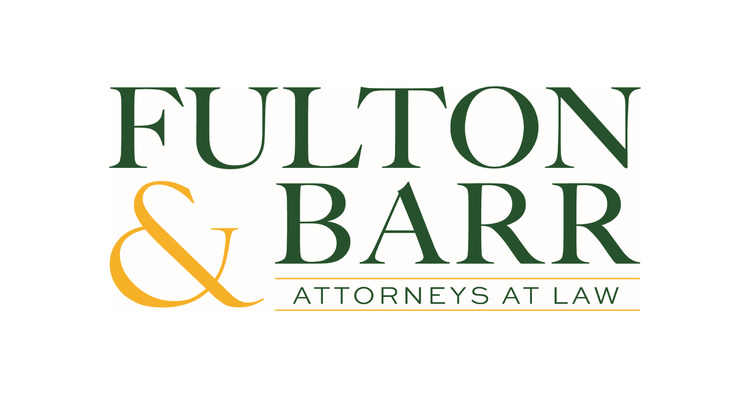Top 10 Common Monsoon Health Issues & How to Prevent Them

During the monsoon season, some common health issues people face.
Let us read this helpful article penned down by a manufacturer of Gelatin Capsules, Vegetable Capsules –
Waterborne Diseases
Such as cholera, typhoid, and gastroenteritis due to contaminated water.
Prevention – Drink boiled or filtered water, avoid street food and raw vegetables washed in contaminated water.
Waterborne diseases like cholera and typhoid spread during monsoon due to contaminated water. Rainwater mixes with sewage, contaminating water sources. To prevent these diseases, drink only boiled or filtered water. Avoid consuming raw vegetables or street food washed in untreated water. Proper hygiene and sanitation are crucial to stay healthy during the rainy season.
Vector-borne Diseases
Like malaria, dengue, and chikungunya due to increased mosquito breeding.
Prevention – Use mosquito repellents, wear long sleeves and pants, and keep surroundings free of stagnant water.
To prevent these illnesses, use mosquito repellents, wear clothes that cover your skin, and clear any standing water around your home. Mosquitoes lay eggs in stagnant water, so emptying containers like buckets and tires that collect water can help stop their breeding. Protecting yourself from mosquito bites reduces the risk of getting these serious diseases.
Respiratory Infections
Such as cold, flu, and pneumonia due to increased humidity and viral infections.
Prevention – Maintain personal hygiene, avoid crowded places, and ensure good ventilation at home.
To prevent them, it’s important to maintain good hygiene, such as washing hands frequently, covering your mouth when coughing or sneezing, and avoiding close contact with sick people. Also, keep your home well-ventilated and clean. These steps help reduce the spread of germs and lower the chances of getting respiratory infections during the monsoon.
Skin Infections
Including fungal infections and dermatitis due to prolonged exposure to dampness.
Prevention – Keep skin dry, use antifungal powders, and wear loose, breathable clothing.
Keeping your skin dry is crucial. Use antifungal powders and wear loose, breathable clothes to prevent these infections. Changing wet clothes promptly and avoiding prolonged dampness on the skin helps too. It’s essential to maintain good hygiene, especially in areas prone to sweating, to reduce the risk of skin problems during this humid season.
Food Poisoning
Due to consumption of contaminated or improperly stored food.
Prevention – Eat freshly cooked food, avoid street food, and ensure proper hygiene during food preparation.
Food poisoning during monsoon occurs when you eat food that’s been contaminated by bacteria or toxins. This happens more often because moisture and warmth create ideal conditions for bacteria to grow. To prevent food poisoning, always eat freshly cooked food, avoid street food, and ensure that food is stored properly.
Allergies
Triggered by mold, pollen, and damp conditions.
Prevention – Keep indoor spaces dry and well-ventilated, use allergy-proof bedding, and clean humidifiers regularly.
Mold grows in wet places, and pollen spreads in the air. These can cause sneezing, itching, and watery eyes. To prevent allergies, keep your home dry and well-ventilated. Use special bedding that stops allergens, and clean machines like humidifiers often. These steps can help you stay healthy and avoid allergy problems during the monsoon.
Accidents and Injuries
Increased risk of slips, falls, and road accidents due to wet surfaces and reduced visibility.
Prevention – Use appropriate footwear, drive carefully, and ensure good lighting in homes and on roads.
It’s important to wear suitable footwear with good grip, walk carefully on wet paths, and use handrails where available. When driving, maintain a safe speed and distance from other vehicles to avoid accidents. Adequate lighting at home and on roads also helps improve visibility and reduces the chance of mishaps during the rainy season.
Electrical Hazards
Increased risk of electrical accidents due to waterlogging and faulty wiring.
Prevention – Inspect electrical fittings regularly, avoid using wet electrical appliances, and use circuit breakers.
Wet conditions can cause short circuits or shocks, leading to accidents. To prevent this, regularly inspect electrical fittings, avoid using wet appliances, and install circuit breakers.
Eye Infections
Such as conjunctivitis due to increased exposure to allergens and bacteria.
Prevention – Avoid touching eyes with dirty hands, use clean tissues, and seek medical advice for persistent symptoms.
Eye infections like conjunctivitis can happen more during the rainy season. This is because of germs and allergens in the air. To prevent this, avoid touching your eyes with dirty hands. Use clean tissues to wipe your eyes if needed. If you have symptoms like redness or itchiness, see a doctor.
Heat-related Illnesses
Despite rain, humidity can lead to heat exhaustion and dehydration.
Prevention – Drink plenty of fluids, wear lightweight clothing, and avoid prolonged exposure to direct sunlight.
To stay safe, drink lots of water and fluids regularly. Wear light, loose clothes that let your body breathe. Try to avoid being in direct sunlight for too long. These steps will help keep your body cool and hydrated, reducing the risk of heat-related illnesses during the rainy season.










